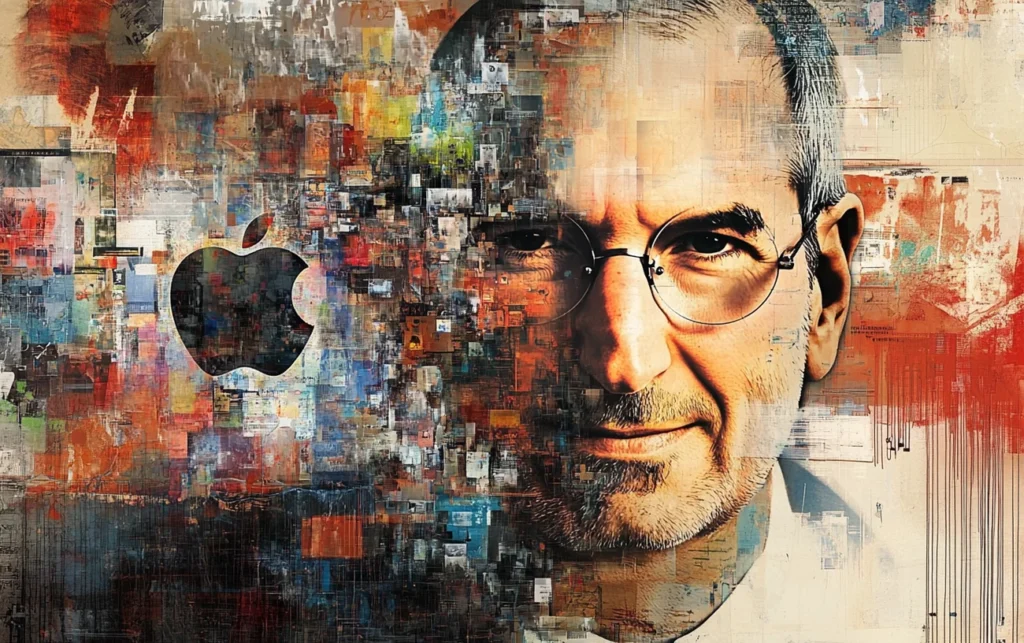On October 5, 2011, the world lost one of the greatest technology visionaries of our time, Steve Jobs. His ability to foresee the future of technology and human interaction with it has left a profound impact on modern life. Let’s explore which of his predictions have come to life and where even Jobs, with his remarkable foresight, may have fallen short.
Artificial Intelligence
One of Jobs’ most insightful predictions was about artificial intelligence (AI). In a speech in 1985, he envisioned a future where computers could preserve the knowledge of great minds like Aristotle, allowing people to ask questions and receive answers as if interacting with them directly.
Today, AI is embedded in our everyday lives, from Siri to AI-powered chatbots, fulfilling Jobs’ vision of creating interactive tools that allow us to engage with vast amounts of knowledge. However, we are still far from AI achieving true sentience or replicating the deep philosophical engagement Jobs imagined. Yet, his forecast about interactive AI assisting humans has largely come true.
E-commerce
In 1996, when online shopping was still in its infancy, Jobs predicted the rise of e-commerce, saying: “People will stop going to many stores and start buying products over the Internet.” He also noted that it would be a massive task for companies to integrate their systems with the internet, but it would be essential.
Today, this prediction has become a reality. Platforms like Amazon have revolutionized how people shop, making it possible to order almost anything with the click of a button. Jobs was spot on with this one, as millions of consumers now prefer online shopping over traditional retail stores.
Virtual Assistants
The concept of virtual assistants was something Jobs dreamt of in the 1980s. He imagined a future where a computer “agent” would anticipate what you wanted, guide you through information, and essentially act like a personal helper. By 2011, Apple introduced Siri, a voice-activated virtual assistant, realizing Jobs’ dream of an interactive, helpful entity within our devices.
While Siri and other virtual assistants like Alexa and Google Assistant have changed how we interact with technology, they still have limitations compared to Jobs’ ultimate vision of a “small friend” who could assist us in deep, personalized ways. Nonetheless, this prediction has largely come true, especially as AI assistants continue to evolve.
Customization in the Auto Industry
In 1996, Jobs foresaw the transformation of the auto industry, predicting that the need for large inventories of vehicles would diminish. He imagined a future where consumers could customize a car to their specifications, eliminating the need for massive storage lots.
Jobs’ vision has largely been realized by companies like Tesla, which allows buyers to customize their cars online, from the interior to the performance features. Today, many car manufacturers offer this level of personalization, echoing Jobs’ foresight.
Digital Storage and Cloud Computing
In 1996, Jobs predicted the future of digital storage, claiming that managing internal storage would soon be a thing of the past. He foresaw a time when people wouldn’t need to store everything on their devices.
This came to life with the introduction of iCloud in 2011 and Google Drive in 2012, allowing users to store files remotely in the cloud and access them from any device. Jobs’ prediction about external data storage taking precedence over internal hard drives has proven to be one of his most accurate forecasts.
The Internet’s Impact on Society
While Jobs correctly recognized the importance of the internet, his 1996 predictions underestimated the scope of its societal impact. He believed the internet would complement the world rather than transform it. He stated, “The internet will not change the world, at least not in the next 10 years.”
In retrospect, this was a rare underestimation from Jobs. The internet has reshaped global communication, commerce, and social interaction in profound ways, exceeding even his predictions. Social media, streaming, and e-commerce have all become integral parts of daily life, altering the fabric of how society functions.
Conclusion: The Legacy of Jobs’ Predictions
Steve Jobs was an unparalleled visionary whose predictions about technology and the future have largely shaped the world we live in today. While he accurately foresaw developments in AI, e-commerce, virtual assistants, and digital storage, his cautious view of the internet’s impact stands out as one of his few misjudgments. Even so, Jobs’ belief that technology doesn’t have to change the world to be important has held true, as many of the innovations he pioneered continue to influence our lives profoundly.

